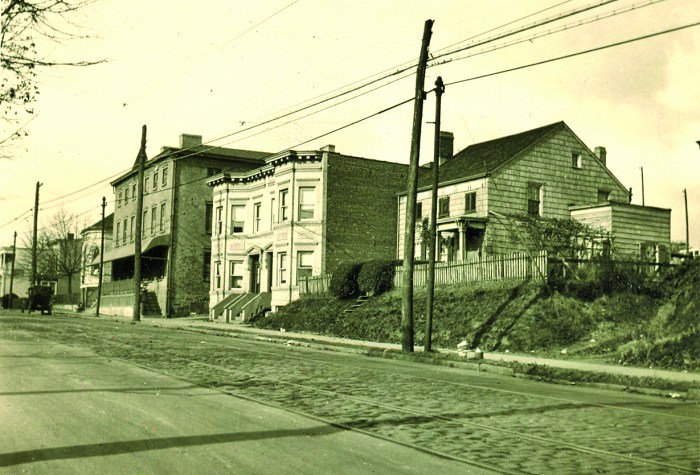
It is perhaps naive to hope for literature to change minds or advance social justice, but Colson Whitehead’s potent new novel, “The Nickel Boys,” inspires such hopes.
The story begins with the gradual political awakening of the gifted and straight-arrow Elwood Curtis, who grows up in Jim Crow-era Tallahassee, Florida. Elwood draws inspiration early on from an LP of Dr. Martin Luther King, Jr.’s speeches and later from an activist history teacher. He participates in a march, reads James Baldwin and writes letters to the “Chicago Defender.” The history teacher helps Elwood enroll in part-time college courses for his senior year of high school, but he never makes it.
Instead, Elwood winds up at Nickel Academy, where spirits are broken, boys are beaten and worse. It would do a disservice to the power of Whitehead’s story to reveal more here.
Nickel Academy is based on the real Dozier School for Boys, but Whitehead’s authority is born not only from historical fact, but from authorial craft. His deliberate, almost stolid, prose lends the horrific events he relates even more weight. The first dark turn in the novel’s narrative approaches so gently that you don’t really notice it until “the red light of the prowl car” hits you.
And it isn’t just Whitehead’s words — Dr. King’s appear as well, running through Elwood’s mind. The civil rights icon’s 1967 Christmas Eve sermon, delivered just months before his assassination, includes the line, “But be ye assured that we will wear you down by our capacity to suffer, and one day we will win our freedom.” As he did in his award-winning 2016 novel “The Underground Railroad,” Whitehead again illuminates with incredible force the incomprehensible suffering of black Americans. Their freedoms need to follow faster.































